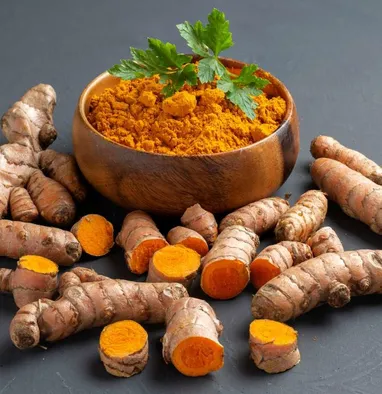The liver is the body’s natural detoxifier, as it cleanses the body of toxins and produces bile to support healthy digestion. A healthy liver can detoxify almost everything that a person encounters. The liver is on the right side of the body, just under the rib cage,
Your liver is constantly working. It has hundreds of jobs, including filtering toxins from your bloodstream, balancing macro-and micronutrients, and regulating hormones. Most of the time, you don’t even know it’s working at all.
Even when it stops functioning properly, you might not notice anything out of the ordinary. But liver conditions that go unnoticed can progress to liver failure, a life-threatening condition.
How do I cleanse my liver?
- Drink more water

Simple liver detox remedies can often seem, well, simplistic. But here, the simple truth is that water helps the liver move toxins through its own cellular systems and speed them on their way out of your body.
But not just any water will do to have the full detoxifying benefit. Drink filtered tap water at room temperature at specific intervals of the day (aka., upon awakening, in between meals, early evening; not while eating and not too much 2 hours before bed). Add a tiny pinch of salt and the spice turmeric to your water in order to accelerate its effectiveness.
- Sweat, sweat, sweat.
Depending on where you live, you may be able to accomplish this simply by walking outside! But this isn’t the optimal method to use sweat as a liver detox. Sweat induced by exercise has its own detoxifying benefits, pushing couch potato toxins up out of their comfy seats and moving them out of the body along with the sweat.
- Garlic
Garlic is loaded with sulphur, which activates liver enzymes that help your body flush out toxins. Garlic also holds high amounts of selenium.
Selenium is an essential micronutrient that has been shown to help boost the natural antioxidant enzyme levels in our livers. Supplementing with selenium gives our livers even more ammunition in the fight against the damage caused by oxidative stress.
- Turmeric

In addition to its use as a spice and pigment, turmeric has been used in India for medicinal purposes for centuries. Curcumin is the active ingredient in turmeric, and it has powerful biological properties.
This spice helps the enzymes that flush out toxins and contains antioxidants that repair liver cells. It also assists the liver in detoxing metals, while boosting bile production.
- Tea
Tea is widely considered to be beneficial for health, but evidence has shown that it may have benefits for the liver.
A study based in Japan found that drinking 3-4 cups of green tea a day was associated with improved blood markers of liver health. This may be down to a compound known to assist liver function named catechin. Green tea is packed full of this plant antioxidant. Just be mindful of green tea extract as it can have a negative effect.
- Cruciferous Vegetables
This includes, but is not limited to, broccoli, cauliflower, brussels sprouts, cabbage, and kale. These vegetables are a major source of glutathione, which triggers the toxin cleansing enzymes of the liver. Eating cruciferous vegetables will increase the production of glucosinolate in your system, which helps flush out carcinogens and other toxins.
Do not drink alcohol in excess.
On a routine basis, men should not consume more than three drinks per day, and women should not consume more than two drinks per day to prevent the development of alcoholic liver disease.
- Avoid weight gain
Maintain your body mass index in the normal range (18 to 25) by eating healthy and exercising on a regular basis to decrease your risk of developing nonalcoholic fatty liver disease.
- Know your risk factors
If you have the following risk factors for liver disease, it’s important to go for screening, as chronic liver disease can be silent for years and go unrecognized: The risk factors are:
- Excessive alcohol use
- Family history of liver disease

